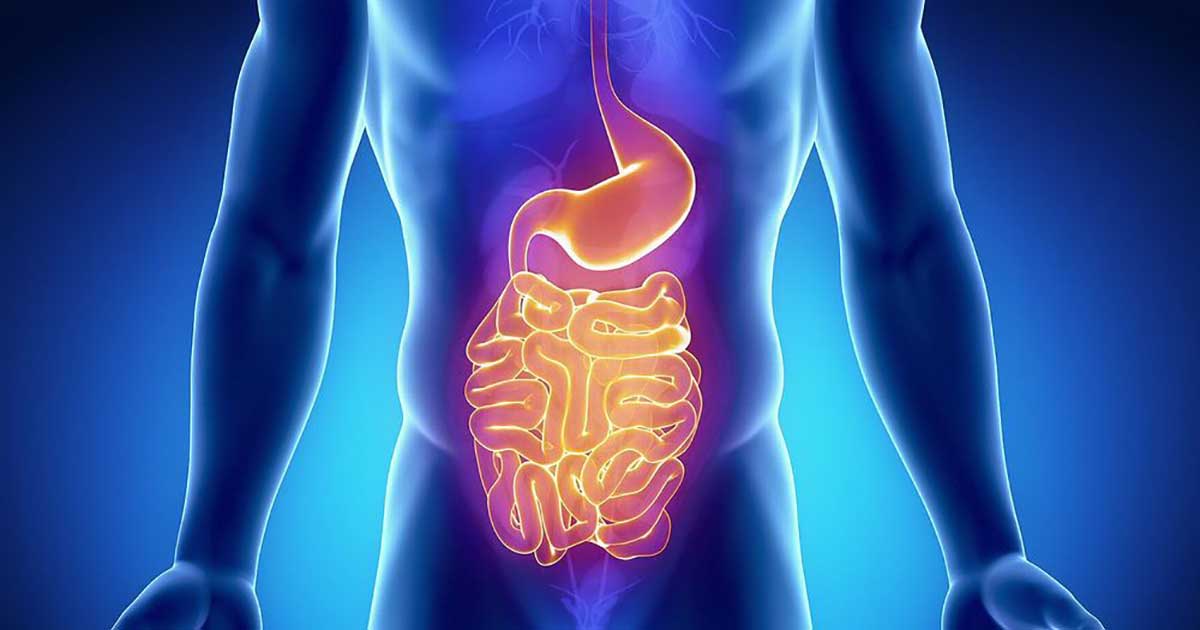Sjogren's Syndrome: Indications It Could Be More Serious
The Gastrointestinal System Is Performing Poorly

The lack of saliva in those with Sjogren's syndrome cause a wealth of problems for the gastrointestinal tract and the digestion and breaking-down of foods and acids. The lack of saliva can impede the clearing of acid from the stomach which can result in acid reflux. This condition can also cause abdominal pain due to the build-up of acid, and some symptoms are even appendicitis-like. Problems with the esophagus can lead to some dry foods being unable to be eaten by individuals with Sjogren's syndrome. Specifically, patients with this condition are at increased risk for a delayed gastric emptying; this causes nausea, upper abdominal discomfort, and vomiting. In very rare cases, Sjorgen's syndrome patients can develop pancreatitis (acute or chronic) as well as malabsorption due to pancreatic insufficiency.
Discover more indicators of Sjogren's syndrome now.